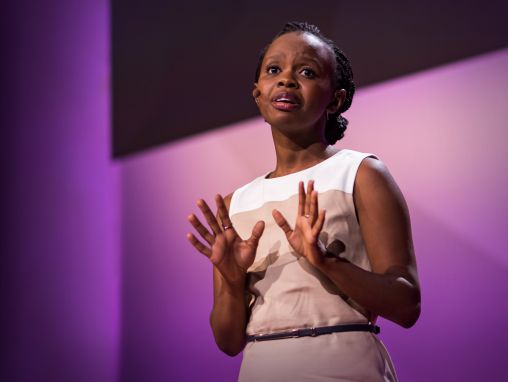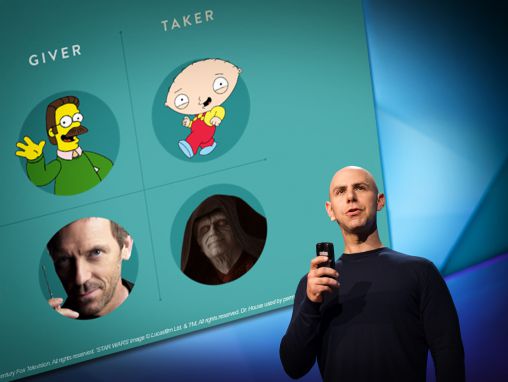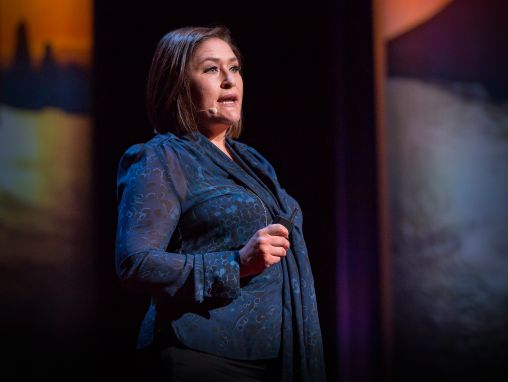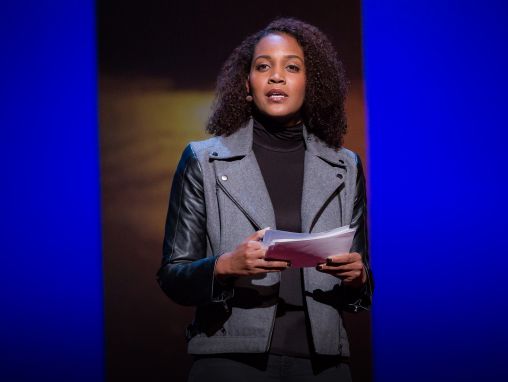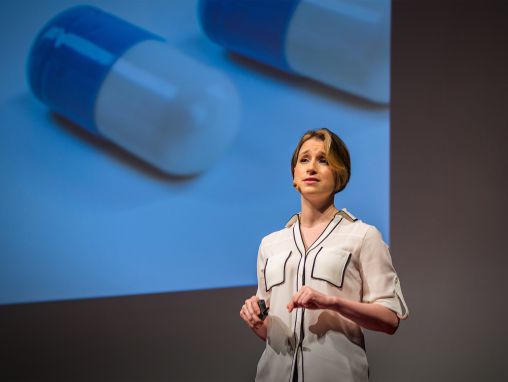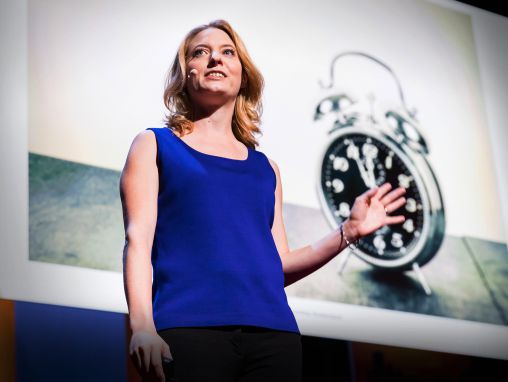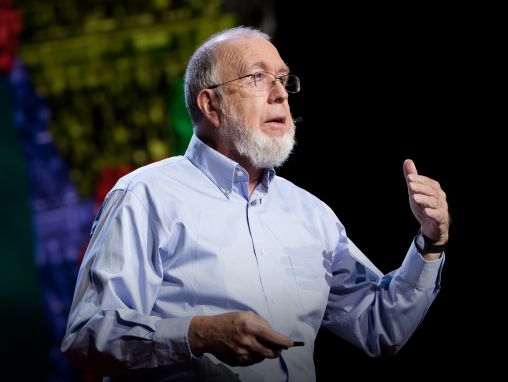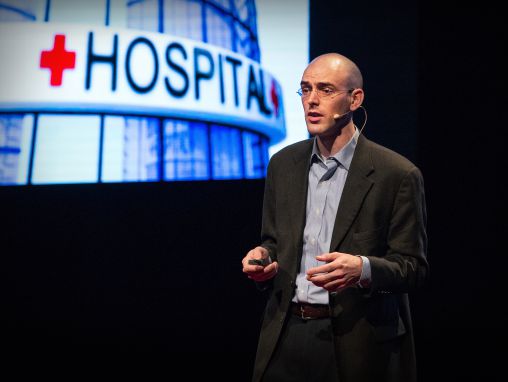TEDxExeter
Alan Smith: Why you should love statistics
Think you're good at guessing stats? Guess again. Whether we consider ourselves math people or not, our ability to understand and work with numbers is terribly limited, says data visualization expert Alan Smith. In this delightful talk, Smith explores the mismatch between what we know and what we think we know.




















